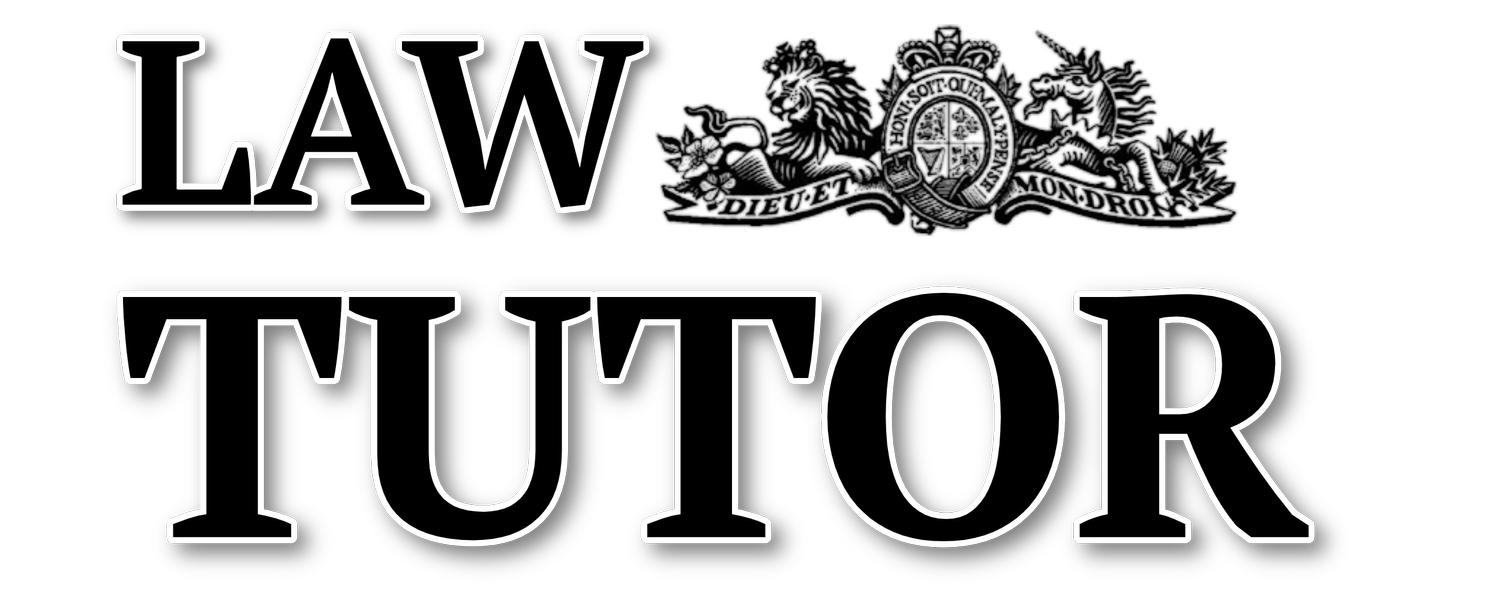Iceland Frozen Foods Ltd v Jones
Iceland Frozen Foods Ltd v Jones [1982] IRLR 439
Facts
Mr Jones was working as a night-shift foreman for the firm Iceland Frozen Foods when he was dismissed by the warehouse distribution manager. The following are the grounds for the dismissal: After concluding his shift, Mr Jones neglected to lock the warehouse and reactivate the security alarm before leaving the company premises. Mr Jones was accused of participating in a 'go-slow' during his shift, in which he and other workers loaded 20% less things than the night before in order to be paid overtime. Following these incidents, Mr Jones' management called him to an interview, which resulted in his firing. Mr Jones filed an unfair dismissal claim.
Held
At first instance, the tribunal concluded that the dismissal was unfair. Following an appeal of the ruling, the Employment Appeals Tribunal (EAT) ruled that the first tribunal's decision was incorrect under the law. The EAT held that the proper method for a tribunal to use when deciding whether a dismissal was unfair is to determine whether the employer's decision to dismiss falls within the "band of reasonable responses to the employee's conduct which a reasonable employer could adopt." Browne-Wilkinson J. provided the leading judgement in this regard and provided 5 principles to be followed in an unfair dismissal case:
The applicable statute's text should always be the starting point.
When implementing the Act, the tribunal must assess the reasonableness of the employer's conduct, not whether the members of the panel believe the dismissal is fair in their own opinion.
In determining the appropriateness of the employer's behaviour, a tribunal must not substitute its own judgement of what was the proper course of action for the employer's.
In many circumstances, but not all, there is a range of appropriate responses to the employee's behaviour within which one employer may properly adopt one perspective while another employer can legitimately take a different, opposing, view.
The tribunal's role is to evaluate whether, under the circumstances of the case, the decision to terminate the employee fell within the range of reasonable responses that a reasonable employer may have taken.
Comment
The legislation on unjust dismissal is currently controlled by section 98 of the Employment Rights Act of 1996, however the methodology outlined in this decision is still valid. A tribunal will ask the following questions in an unjust dismissal case:
Was the nature of the employee's behaviour such that a reasonable employer would see dismissal as a reasonable response, taking into account all of the circumstances of the case? (Substantive); and
Was the dismissal conducted fairly? (Procedural).

